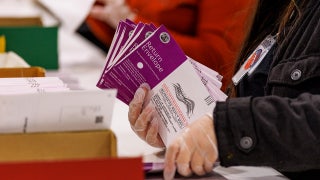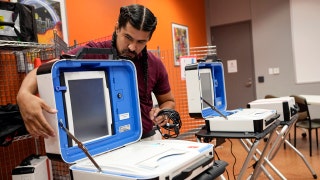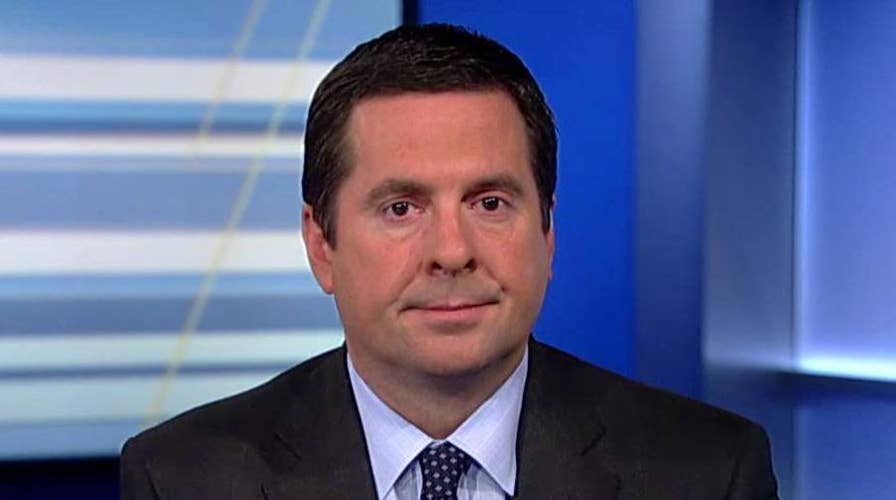Rep. Nunes: Mainstream media continue to ignore the memo
On 'The Ingraham Angle,' the House Intelligence Committee chairman fires back at attacks from Democrats and the media.
House Intelligence Committee Chairman Devin Nunes, R-Calif., is seeking transcripts from a top secret national security court regarding the FBI and Justice Department's application for a surveillance warrant for a Trump campaign aide, according to a congressional letter obtained by Fox News.
Writing to Rosemary M. Collyer, the presiding judge at the Foreign Intelligence Surveillance Court, Nunes asked for transcripts of "any relevant FISC hearings associated with the initial FISA application or subsequent renewals related to electronic surveillance of Carter Page."
The Page surveillance warrant, first granted in October 2016, and the evidence used to secure it are at the heart of the controversial memo Nunes and the White House released last week on alleged surveillance abuse.
The Republican staff-authored memo claimed that the unverified anti-Trump dossier was critical for the surveillance warrant application, and that the government omitted key information about its political funding. Lawmakers have clashed over that document for weeks, and a Democrat-authored rebuttal memo could be released as early as Friday.
Transcripts from the application hearings could speak to a central issue in the debate: to what extent the FBI and DOJ relied on the dossier.
Nunes continued, "The Committee found that the FBI and DOJ failed to disclose the specific political actors paying for uncorroborated information that formed a substantial part of the FISA application, misled the FISC regarding dissemination of this information, and failed to correct these errors in the subsequent renewals."
Nunes letter to FISC by Fox News on Scribd
The FISA court granted the original surveillance warrant on Oct. 21, 2016, and then three subsequent renewals. A source close to the matter said the FBI and Justice Department knew when the original October 2016 application was made that the Trump dossier was funded by the DNC and Clinton campaign but went to considerable lengths to avoid the disclosure to the court, calling it a political document.
Democrats have called the Nunes memo incomplete and misleading.
Only the government may come before the FISA court, so the bar for evidence is considered particularly high. There is also an obligation to be transparent about potential conflicts, such as the DNC and Clinton campaign funding.
The intelligence committee is asking the court to respond by Feb. 16 and, if transcripts exist, provide them.













































